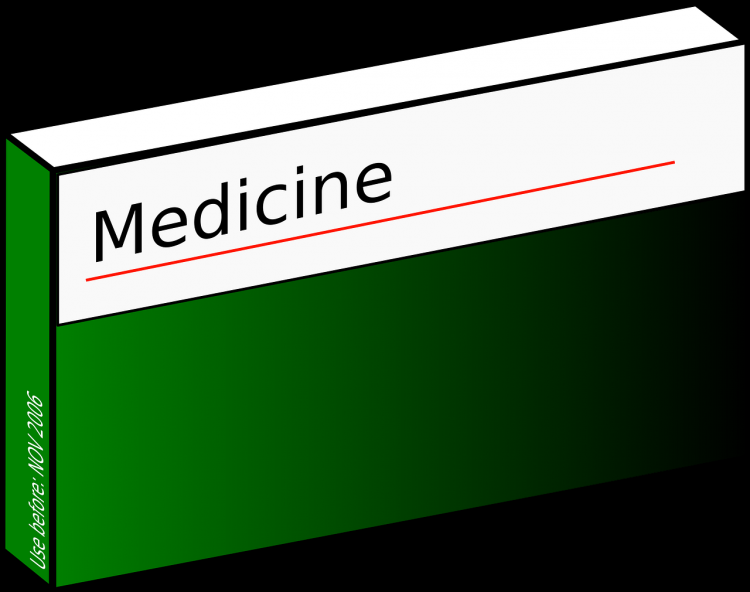In China, some patients are already making their own cancer drugs. Despite health insurance, terminally-ill patients and their families find it difficult to afford the expensive drugs needed, making them resort to the worrying practice of making their own drugs even if they do not have the expertise or real knowledge.
As the Chinese population ages, many are also starting to be stricken with deadly diseases such as cancer and diabetes. Unfortunately, many do not have access to drugs nor can afford them. Out of desperation, their loving family members went online to learn how to make cancer drugs and buy raw materials they are not sure if real or effective at all.
Zhang Zhejun told The New York Times that the drugs that he is making for his mother suffering from lung cancer had been approved by neither Chinese nor American regulators. He admitted that he does not know the seller or aware of where the materials come from. He just wants to make the needed drugs for his mom, praying that his methods will work and that the sellers have a heart. "We're not picky. We don't have the right to choose," he said. "You just hope the sellers have a conscience."
Despite reforms, China's insurance system still needs room for improvement, especially in light of ever-rising prices of treatments and drugs, especially for conditions such as cancer. Rural residents are the ones mostly who also lack access to particular drugs as well. Pharmaceuticals also had to undergo significant hurdles to get drug approvals.
The hurdles faced by the Chinese to get their hands into these drugs have even been made into a movie.
"Dying to Survive," a low-budget summer movie recently made waves because it hit home for many. The movie revolves around an aphrodisiac peddler smuggling cancer drugs from India because they were simply too expensive back in China.
However, all these might change soon. In a recent report, a procurement team has been formed in China to get imported cancer drugs at the lowest prices. China also launched a program to shorten the review and approval of drugs sold abroad but not yet authorized locally.
In the meantime, while China has achieved near-universal health insurance, the coverage is still described as shallow and insufficient. The burden on patients remains huge, as they still must pay about 30 percent of costs out of pocket. Most drugs are not also covered.






